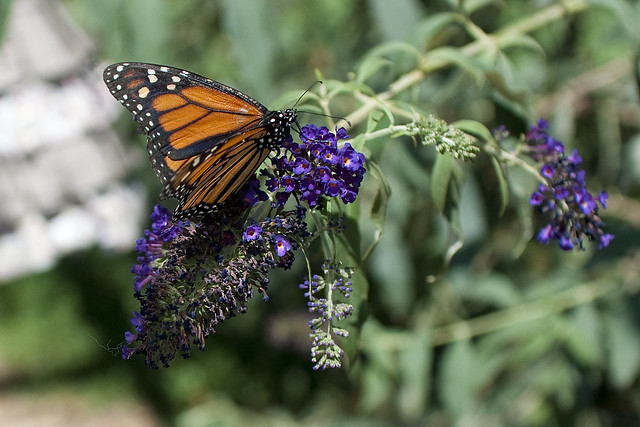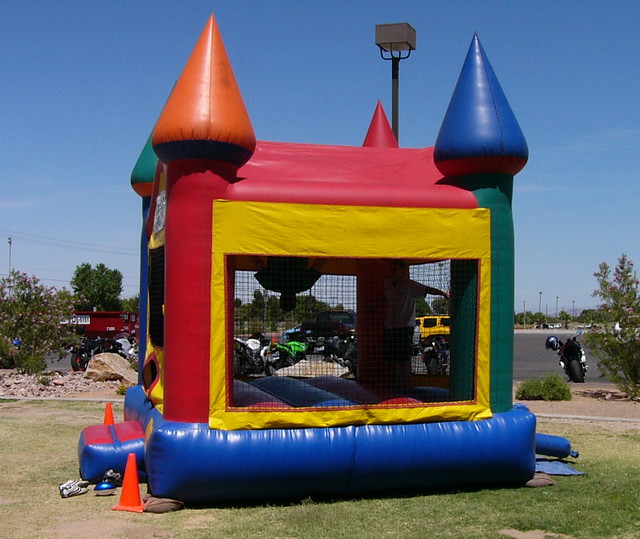In the Dutch lessons I’ve been working on recently I’ve noticed that there appear to be two different words for family: familie and gezin. From the context I can’t work out if they have different meanings or uses, so I thought I’d investigate.
Familie [fɑˈmi.li] means extended family, i.e. parents, children, grandparents, aunts, uncles, nephews, nieces, etc.
It comes from the French famille (family), from the Latin familia (family, household), from famulus (servant, slave)
Gezin [ɣəˈzɪn] means nucelear family, i.e. parents and children, home or household.
It comes from the Middle Dutch ghesinde (companion), from the Proto-Germanic *gasinþiją. from *senþ-/sinþ- (to go, travel; seek, aim), from the Proto-Indo-European *sent- (to head for, go). The German word Gesinde (servants, farmhands) comes from the same root, as does the Old English word ġesīþ (companion, comrade)
Related words inlcude:
- familiebedrijf = family business
- familielid = family member, relative
- familienaam = family name
- familietraditie = family tradition
- taalfamilie = language family
- familierecht / gezinsrecht = family law
- gezinshereniging = family reunion
- gezinshulp = homemaker
- gezin stichten = to start a family
- eenoudergezin = single parent family
- pleeggezin = foster family
Sources: Reverso, bab.la, Woorden.org, Wiktionary





